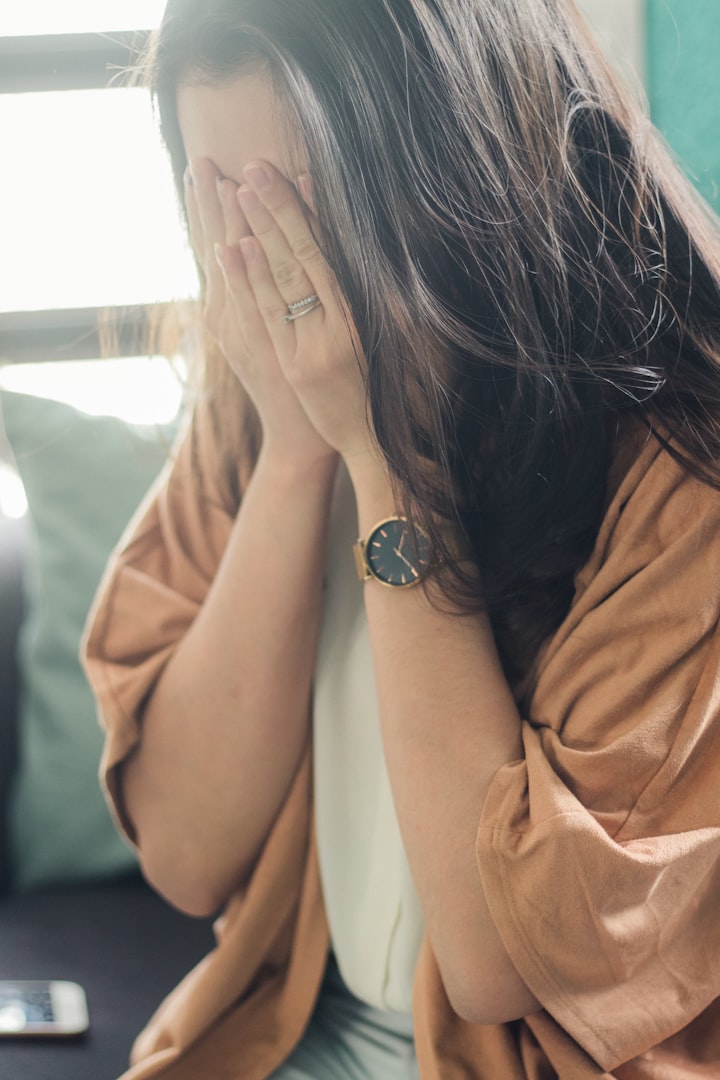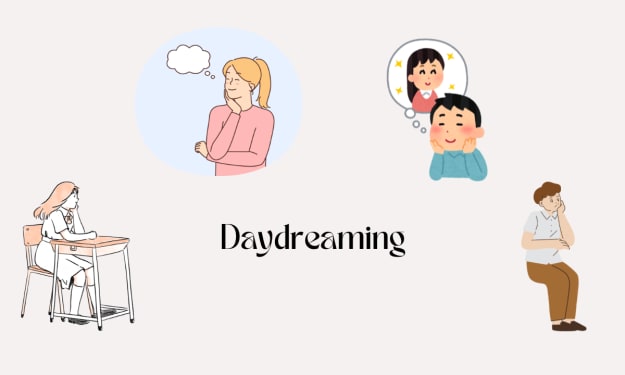Anxiety Disorders are Some of the Most Common Mental Health Conditions
Finding help for them is a must!

If you have ever felt stressed to the max, like you are falling apart, and having difficulty coping with racing thoughts, this is what it is like to cope with an anxiety disorder on a daily basis.
Anxiety disorders are some of the most common mental health conditions.
According to the American Psychiatric Association,
Anxiety disorders are the most common of mental disorders and affect nearly 30% of adults at some point in their lives. But anxiety disorders are treatable and a number of effective treatments are available. Treatment helps most people lead normal productive lives.
Not only are Anxiety disorders common in adults, they can also be common with children as well.
According to the National Library of Medicine,
Childhood anxiety disorders are very common, affecting one in eight children.1 The National Institute of Mental Health estimates a prevalence between the ages 13 and 18 years of 25.1 percent and a lifetime prevalence of 5.9 percent for severe anxiety disorder.
Prevalence of anxiety disorders in children is slightly less than for adults, but it is still important to be aware of what children are going through on a daily basis by asking questions to check in on their mental health as well.
With anxiety disorders being so common, it is likely that you or someone you know may be suffering with an anxiety disorder. If you are constantly feeling stressed and worried, it may be worth looking into if you have an anxiety disorder.
You can speak to your family doctor, or get a referral to a mental health professional. Getting help from a professional can help to greatly ease the symptoms of anxiety if you receive medications and learn proper coping skills.
How do you know if you have anxiety?
Having anxiety can feel like you have chronic stress all the time. You may spend a lot of time thinking about past mistakes, or worrying about the future. These anxious thoughts may feel out of control, to the point that they are taking control of your life and making it feel impossible to be in the moment or enjoy anything.
According to The Mayo Clinic, symptoms of anxiety disorders may include:
- Feeling nervous, restless or tense
- Having a sense of impending danger, panic or doom
- Having an increased heart rate
- Breathing rapidly (hyperventilation)
- Sweating
- Trembling
- Feeling weak or tired
- Trouble concentrating or thinking about anything other than the present worry
- Having trouble sleeping
- Experiencing gastrointestinal (GI) problems
- Having difficulty controlling worry
- Having the urge to avoid things that trigger anxiety
If you have several of these symptoms, and they persist longer than a couple of weeks, then there is a chance that you may have an anxiety disorder. In this case, it is always best to consult with a professional for help.
Additional coping skills
In addition to seeking professional help, which may take time to get an appointment, there are things you can do on your own which may lessen your anxiety as well.
Since I have anxiety myself, I have learned skills over the years from therapy and my life coach about how to cope with my anxious thoughts. It is important to realize that your thoughts are separate from you, and that your thoughts are not always true. This is especially important when you keep envisioning worst-case scenarios.
Some of the coping skills that I have found helpful for my anxiety include:
Deep breathing
Mindfulness
Meditation
Yoga
Journaling
De-catastrophizing
Walking in nature
Anything that you can do to be more aware of the present moment, and less in your head can help you to get out of the spiral of anxious thoughts. You can also start to question whether the thought is true or not. You can do this by looking for evidence to the contrary of the negative thought.
For example, if you are thinking "I am a bad mother" then you would look for situations in which the opposite is true.
If you worry about safety or getting into a car accident, you can ask yourself how likely that is to actually happen. You can do things to reassure yourself, like getting a safe car. But ultimately, it comes to realizing that the things you fear are actually unlikely to happen.
Even if you have an anxiety disorder, you can still live a full and happy life, it will just take some work to get out of your head. This is why Mindfulness can help so much; it makes you ground yourself in the present moment. In this moment right now, nothing bad is happening to you. You are safe and secure. Realizing that can go a long way towards conquering your fears.
Originally published on www.millenialmom.net on May 15, 2023
About the Creator
Nicole Dake
Nicole Dake is a blogger, award winning author, and mom of two.
Enjoyed the story? Support the Creator.
Subscribe for free to receive all their stories in your feed. You could also pledge your support or give them a one-off tip, letting them know you appreciate their work.






Comments
There are no comments for this story
Be the first to respond and start the conversation.